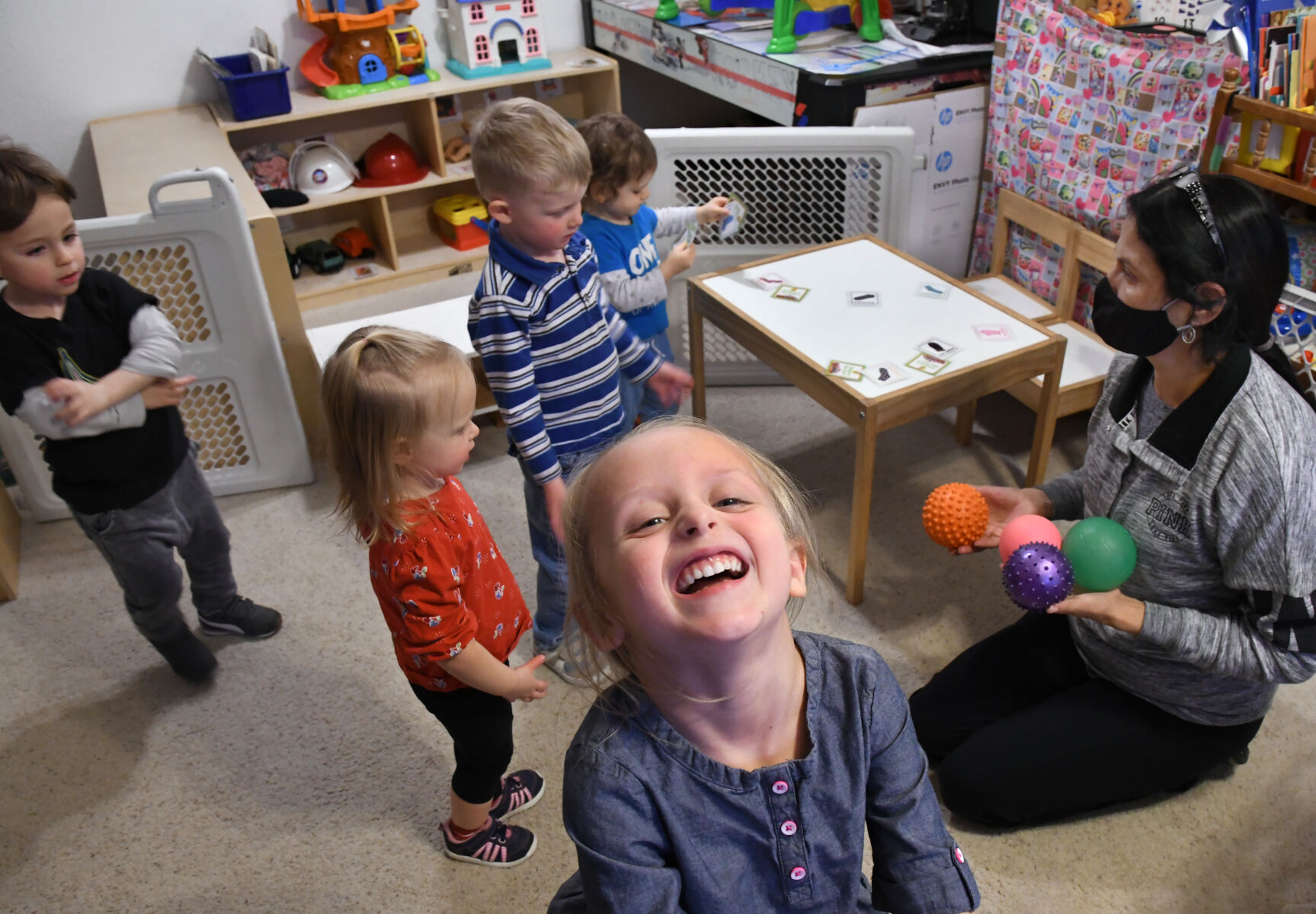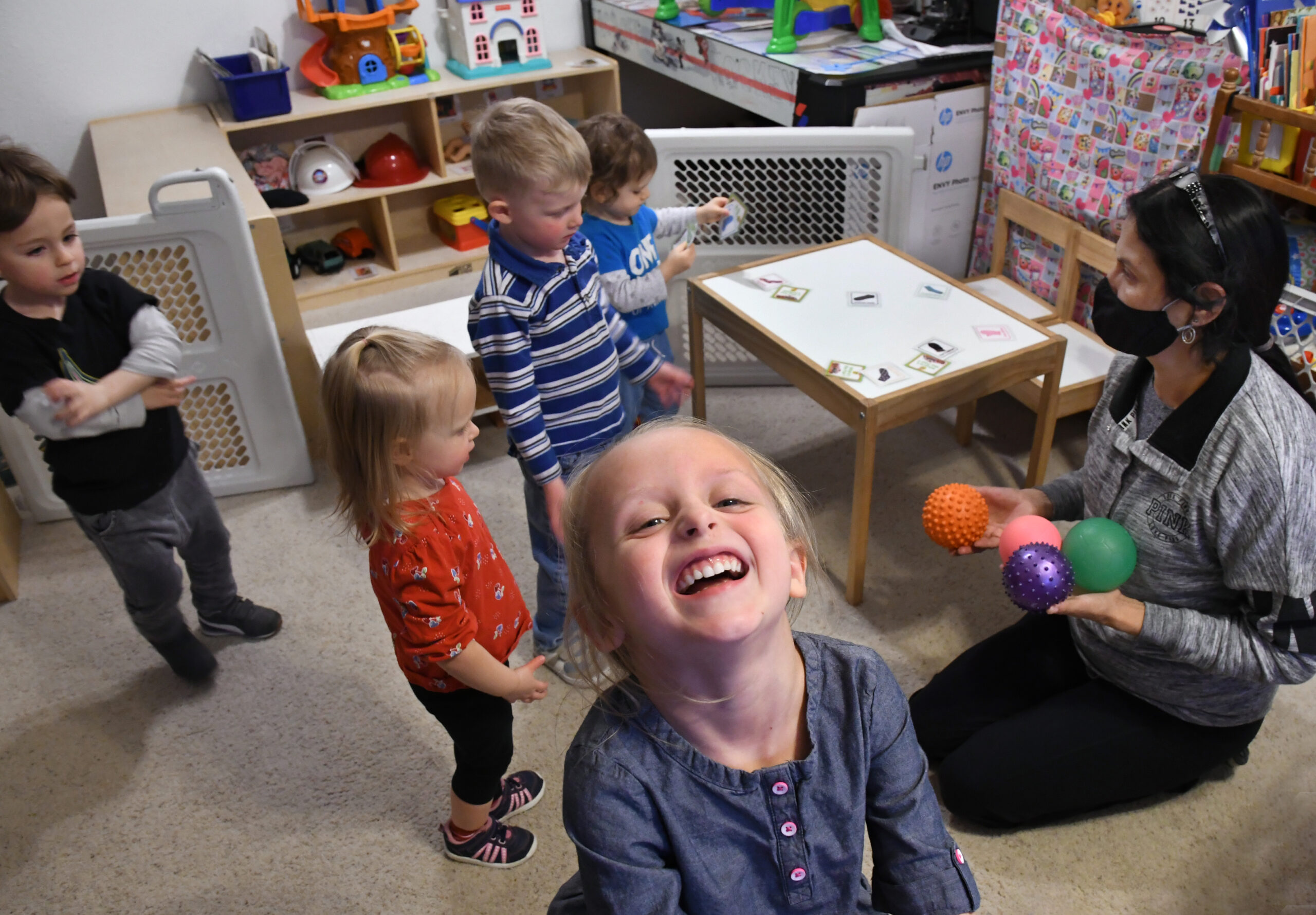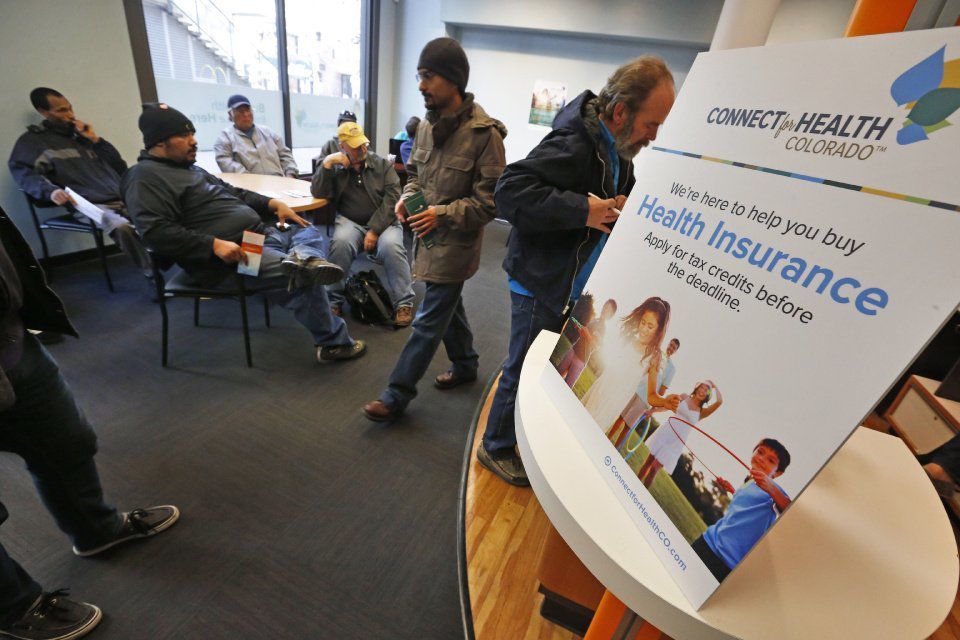$100 million boost for Colorado’s child care industry on its way to governor’s desk

Gov. Jared Polis will soon get the opportunity to consider legislation to invest around $100 million into Colorado’s child care industry after the state legislature passed the bill on Tuesday.
If signed into law, Senate Bill 213 would use $50 million of economic recovery and relief money and another possible $50 million in federal funds to pay for staffing, training and expansion of child care facilities. This comes as Colorado is struggling through an unprecedented child care shortage.
“Child care is one of the issues that I hear the most about in my district. It really affects everyone,” said bill sponsor Rep. Kerry Tipper, D-Lakewood. “It’s a tremendous investment, but even this is not nearly enough to meet the need we have in the state of Colorado to reduce child care costs for working families.”
The state House passed the bill in a 41-22 vote on Tuesday, following the Senate’s unanimous approval last month. The bill will now be sent back to the Senate to approve minor changes made by the House before it is sent to the governor’s desk.
In Colorado, an average family with two young children spends $28,600 – or 14% of their income – on child care annually, according to federal data. Single parents fare even worse, paying on average 49.5% of their income on infant child care at Colorado centers, according to a Child Care Aware of America report.
Some families can’t find child care at all. In Colorado, 51% of residents live in “child care deserts” where there are more than three times as many children as there are licensed child care slots, according to Mile High United Way.
Even before the COVID-19 pandemic closed around 7% of licensed child care centers in Colorado, providers only had the capacity to serve 62% of the state’s 246,000 kids under 6 whose parents both work, according to a report that cited 2019 figures. That meant a shortage of more than 90,000 child care slots statewide.
“Child care is one of the greatest expenses that our constituents are facing and COVID, beyond ruining the world for a few years, also really hurt this sector and made it to where there are fewer and fewer providers,” said bill sponsor Rep. Alex Valdez, D-Denver. “This is one of the ways that we as legislators can really make a substantial impact on the economic realities for our constituents.”
The bill would put $19 million towards opening new child care centers and expanding capacity at existing licensed child care facilities. Another $10 million would create employer-based child care facilities for business owners to provide employees with on-site child care, and $15 million would fund an existing grant program to train and recruit child care staff.
The potential $50 million in federal funds would be used to implement the Child Care Sustainability Grant Program, offering licensed child care providers between $2,100 and $31,500 to spend on employee pay, benefits, training or hiring additional staff.
The bill received bipartisan support and sponsorship largely due to a portion that would delegate $7.5 million to train informal child care providers – such as babysitters, nannies and family members – on the best practices for teaching, fostering emotional development, nutrition and first aid. Bill sponsor Sen. Jerry Sonnenberg, R-Sterling, said this informal child care is most common in rural, Republican areas of Colorado.
However, not all Republicans are on board. Rep. Ron Hanks, R-Cañon City, criticized the large investment, blaming this kind of state spending for rising costs of living. Hanks also denounced the state’s $36.4 billion budget the legislature passed last month – the state’s largest annual spending plan of all time.
“We are ruining Colorado families’ economies,” Hanks said. “When we have spending of this variety, of this nature, that’s how you get 8.5% inflation. … When we’re talking $99.5 million, maybe we ought to act as though we have a bit of respect for the grandiosity.”














